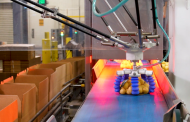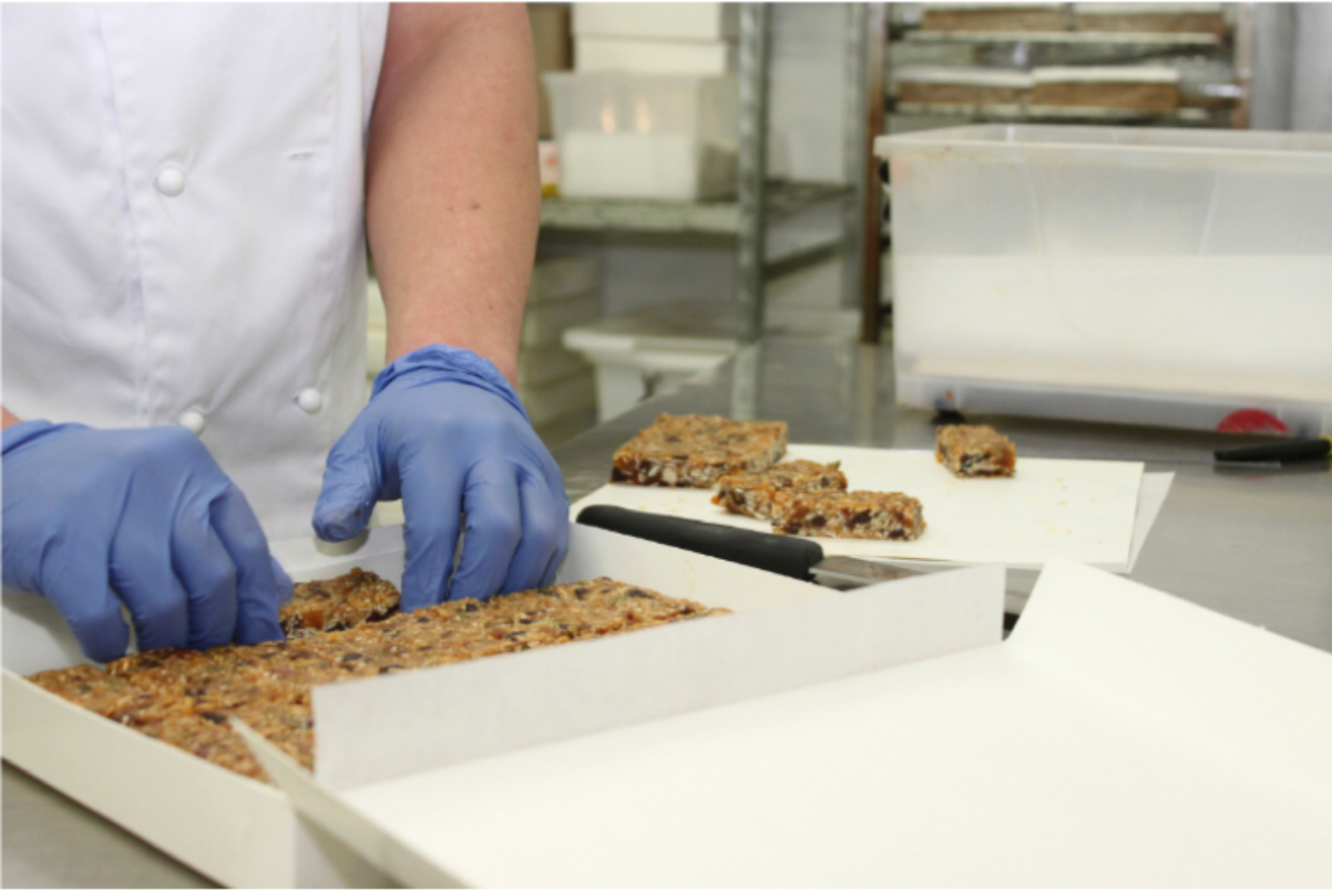Introduction
In today's quickly progressing food industry, businesses are looking for sustainable services to fulfill the expanding demand for high quality foodstuff while reducing their ecological impact. Contract food manufacturing has become a practical option for firms wanting to outsource their manufacturing needs while keeping control over product growth and also quality control. This write-up checks out the concept of contract food manufacturing in Australia as well as its duty in promoting sustainability within the food industry.
The Surge of Contract Food Manufacturing in Australia
Understanding Agreement Food Manufacturing
Contract food manufacturing is a calculated partnership between a brand owner and also an agreement producer, where the last creates goods on behalf of the former. This plan allows brand name owners to concentrate on advertising, product development, and distribution while leveraging the experience as well as sources of specialized contract manufacturers.
Benefits of Contract Food Manufacturing
Cost Performance: Contract food manufacturing gets rid of the demand for significant capital investments in infrastructure, tools, and workforce. This cost-saving procedure enables brands to allocate their resources towards other critical locations of company growth. Scalability: As need for a particular item fluctuates, agreement suppliers can rapidly change production levels to accommodate market needs. This versatility guarantees that brands can fulfill customer need without excess supply or wastage. Expertise and Technology: Agreement makers frequently possess considerable knowledge and experience in certain food groups or processes. By collaborating with these experts, brands can take advantage of their creative thinking and harness ingenious solutions for product growth as well as improvement. Quality Guarantee: With stringent quality assurance procedures in place, contract suppliers abide by market requirements as well as governing requirements. This commitment to quality guarantees that brand names deliver risk-free as well as top quality items to consumers consistently. Supply Chain Monitoring: Contract food manufacturing improves the supply chain by consolidating production, product packaging, labeling, as well as distribution under one roof covering. This incorporated approach reduces logistical complexities as well as enhances overall operational efficiency.The Ecological Impact of Agreement Food Manufacturing
Reducing Carbon Footprint
Contract food manufacturing supplies opportunities to minimize the ecological impact of food production with various ways:
Efficient Source Usage: Agreement makers enhance source consumption by executing energy-saving techniques, decreasing water usage, and also reducing waste generation. These lasting procedures add to a reduced carbon footprint across the whole manufacturing process. Locally Sourced Active ingredients: By sourcing components from local vendors, agreement suppliers lower transportation ranges and connected exhausts. This method sustains regional economies while promoting sustainability within the supply chain. Eco-Friendly Packaging: Agreement food suppliers stress making use of environment-friendly packaging products, such as naturally degradable or recyclable alternatives. This commitment to lasting packaging reduces waste as well as promotes accountable consumption.Embracing Eco-friendly Energy
Contract food manufacturing facilities in Australia are increasingly adopting renewable resource resources to power their operations. Solar panels, wind turbines, as well as various other tidy power services help reduce dependence on fossil fuels and contract food manufacturing contribute to a greener future for the industry.
Addressing Sustainability Difficulties in Contract Food Manufacturing
Waste Monitoring as well as Recycling Initiatives
Contract food producers focus on waste management via detailed recycling programs and also waste reduction approaches. By executing reliable waste segregation systems, firms can divert considerable amounts of waste from landfills as well as advertise a circular economy.
Water Conservation Measures
Water scarcity is a worldwide worry, and also contract food makers play their component in addressing this difficulty. Business buy water-saving innovations, such as sophisticated filtering systems and water reuse efforts, to lessen their freshwater consumption.

Collaboration with Lasting Suppliers
Contract food suppliers proactively look for partnerships with distributors devoted to lasting methods. By focusing on ecologically mindful distributors, these business make certain that their entire supply chain aligns with sustainability goals.
FAQs
What is contract food manufacturing? Contract food manufacturing describes the outsourcing of food manufacturing to specialized makers that generate items in behalf of brand name owners.
How can contract food manufacturing advantage businesses? Contract food manufacturing offers expense effectiveness, scalability, knowledge, and quality assurance to brands aiming to concentrate on advertising and marketing as well as distribution.

How does contract food manufacturing advertise sustainability? By enhancing source usage, accepting renewable energy, and implementing waste administration as well as recycling initiatives, contract food manufacturing minimizes its ecological impact.
What are some sustainable packaging options in contract food manufacturing? Green product packaging products such as naturally degradable or recyclable options are generally used in contract food manufacturing to minimize waste.
How do contract food makers conserve water? Contract food makers buy water-saving technologies as well as carry out water reuse campaigns to reduce their freshwater consumption.
What function does collaboration with lasting suppliers play in contract food manufacturing? By partnering with environmentally conscious suppliers, agreement food makers guarantee that their entire supply chain straightens with sustainability goals.
Conclusion
Contract food manufacturing provides a lasting remedy for businesses seeking to meet the expanding need for high quality food products while minimizing their environmental impact. By leveraging the expertise of specialized suppliers as well as taking on green techniques, brand names can add to a greener future for the Australian food sector. Accepting sustainability not just profits the environment but additionally enhances brand reputation as well as consumer count on a significantly conscious market.
